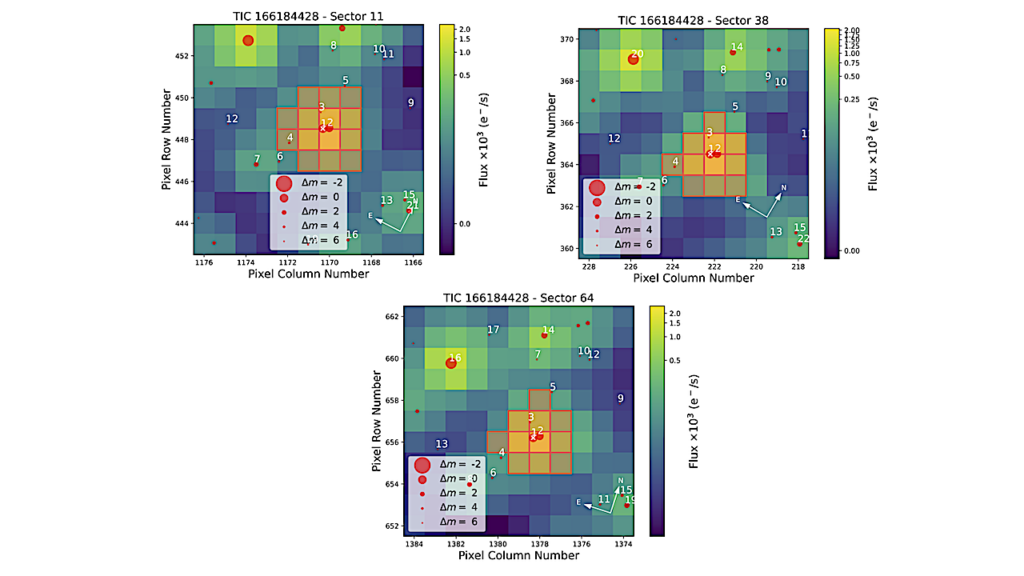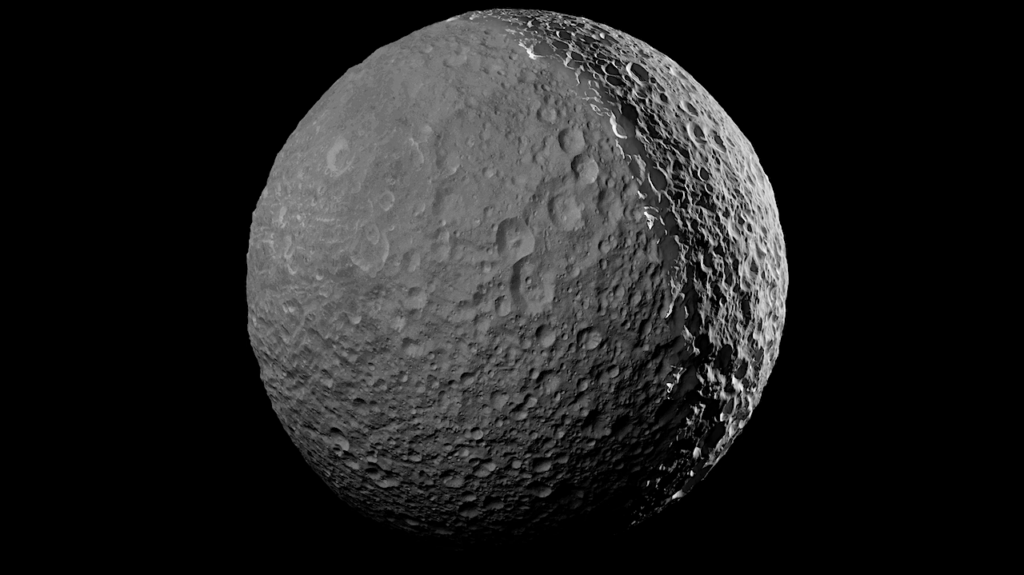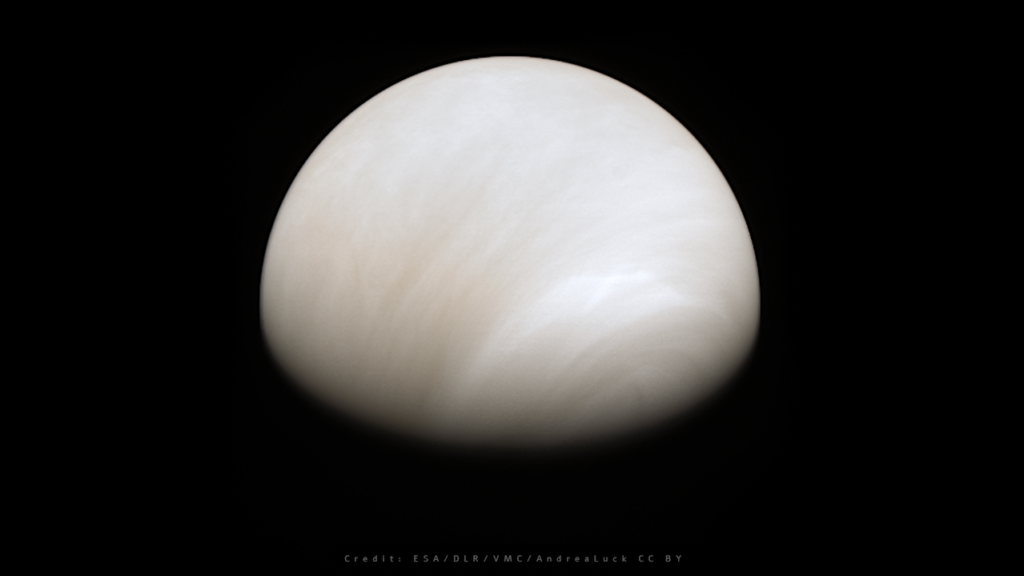Oxygen Production in Earth's Early Oceans Predates the Great Oxidation Event
It is widely accepted that around 2.4 billion years ago, the Earth’s atmosphere underwent a dramatic change when oxygen levels rose sharply. Called the “Great Oxidation Event” (GOE), the oxygen spike marks an important milestone in Earth’s history, the transformation from an oxygen-poor atmosphere to an oxygen-rich one paving the way for complex life to develop on the planet.
Two questions that remain unresolved in studies of the early Earth are when oxygen production via photosynthesis got started and when it began to alter the chemistry of Earth’s ocean and atmosphere.
A research team that includes members of NAI’s Arizona State University team corroborates recent evidence that oxygen production began in Earth’s oceans at least 100 million years before the GOE, and goes a step further in demonstrating that even very low concentrations of oxygen can have profound effects on ocean chemistry. Their study is published in the current issue of Science.
To arrive at their results, the researchers analyzed 2.5 billion-year-old black shales from Western Australia, samples provided through the NAI’s Astrobiology Drilling Program. Essentially representing fossilized pieces of the ancient seafloor, the fine layers within the rocks allowed the researchers to page through ocean chemistry’s evolving history.
Specifically, the shales revealed that episodes of hydrogen sulfide accumulation in the oxygen-free deep ocean occurred nearly 100 million years before the GOE and up to 700 million years earlier than such conditions were predicted by past models for the early ocean. Scientists have long believed that the early ocean, for more than half of Earth’s 4.6 billion-year history, was characterized instead by high amounts of dissolved iron under conditions of essentially no oxygen.
Said Timothy Lyons of UC Riverside who led the study, “This is important because oxygen-poor and sulfidic conditions almost certainly impacted the availability of nutrients essential to life, such as nitrogen and trace metals. The evolution of the ocean and atmosphere were in a cause-and-effect balance with the evolution of life.” [Source: NAI Newsletter]








